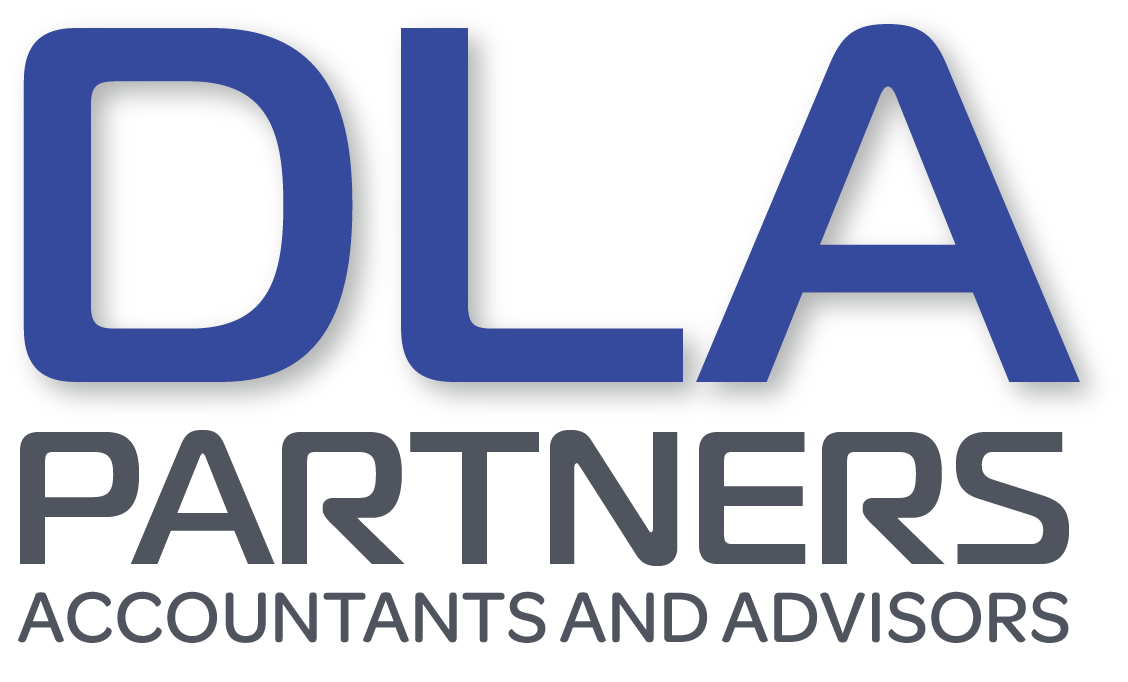“The cloud” is a phrase that means something very different these days, due to the increasing use of cloud computing. But what exactly is cloud computing? And is it a good option for small businesses?
In this, Part 1, of our two part series we will look at the 5 main reasons to move your business to the cloud. In Part 2 we will look at some of the “WOW” aspects and advantages of working in the cloud including how it helps you work in a more collaborative way with your accountant to run a better business.
First, a quick definition. Without getting lost in ‘geek speak’, cloud computing simply means both the software apps you use and your data are stored on remote servers on the Internet, rather than ‘locally’ on your computer’s hard drive or your own server(s).
That idea—of the data not physically being in the same place as you—used to sound scary to many. What about security? What about the risk of losing your data? Surely it’s best to have your data on a computer you can see and touch on your own premises?
The reality today is, your data is likely to be more secure when stored in a cloud app, compared with storing it yourself on your own computer or server on your premises.
Why is that?
1. Security
Your own IT security is likely to be far less robust than that of a cloud app provider. If you access the Internet and use email, then you’re vulnerable even if you don’t use any cloud-based apps. Hackers can access the data on your computer or local network simply due to the fact that you have Internet access. It’s like a door. And they often know how to pick the lock.
Reputable cloud app providers, on the other hand, use solid security measures such as SSL certificates that support—sorry, some geek speak coming up—256-bit SSL (Secure Sockets Layer) encryption. This is the same level of encryption used by online banks.
Let’s face it: This bank-grade security protocol is likely to be far more secure than your own computer and IT security protocols.
2. Theft
Another advantage of having your apps and data stored “in the cloud” is that if your computer, server, smartphone, tablet or other device you use is lost or stolen, your data is safe because it’s not on the device. It’s in the cloud, stored securely behind encrypted passwords.
And your data is far more valuable than hardware. Hardware is easily replaced. Data is not.
3. Disaster
This same “you can relax because your data is in the cloud” factor also applies to disasters such as flood and fire. A business using cloud-based computing could have its premises burn to the ground overnight and continue “business as usual” from another location as long as they had access to the Internet. (At least from a customer, financial, accounting, human resources/personnel and other business data perspective. Clearly it does not apply to physical operational aspects of a business.)
4. Hardware
Computer hard drives are like car engines. It’s not a question of if they will ever break down, but rather when they will break down. That’s why we all diligently do daily data backups, right? And we all take these backups off-site each day, don’t we? And we all do weekly tests where we restore the backups to ensure the backups are working as intended?
No? Really? That’s bad. Shame on you.
And yet it’s precisely what most small businesses fail to do.
That’s another great aspect of cloud computing. No more data backups to do. The cloud app providers back up your data automatically and they simultaneously store your data in multiple locations around the globe. This means that if one of their buildings was subject to, for example, a catastrophic earthquake, your data would be safe because it is also stored in different cities, on different continents.
But even if technology got to a point where computer hard drives never failed, there’s one thing they always do, eventually: fill up. They run out of space.
And that’s a major inconvenience with the old-school approach of storing data locally rather than in the cloud: You have to (or you have to pay IT providers to) move data across to new hard drives or servers, and reinstall the various apps and databases. It’s an expense and a disruption.
With cloud computing you can kiss that inconvenience goodbye.
5. Software
For many small businesses, when they fully adopt cloud computing they can reach the “no IT person required” stage. By that, we mean you won’t need an IT contractor to come on site to upgrade servers, maintain databases, fix software conflicts and so on, all of which is the norm when running old-school desktop apps and local servers.
Why is that?
With cloud-based apps there is no software to install. No software updates or “patches” to install. You just log in to each app and it’s always up to date. Nice.
The one exception
There is one exception here of course. If your business is in a region where you do not have reasonable Internet speed (e.g. 5 Mbps or more) with reliable connections, then cloud computing is not for you. Not yet.
Technology continues to evolve in this area, and it won’t be long until every business on the planet has Internet speeds that support cloud computing.
In Part 2 we will look at where cloud computing gets exciting and how it can be used to work in a more strategic way with your accountant.
At DLA Partners we are experienced in helping our clients identify the right solutions and gain the advantages of cloud based solutions. If you have any questions about this process and how it might benefit your business please contact us.

